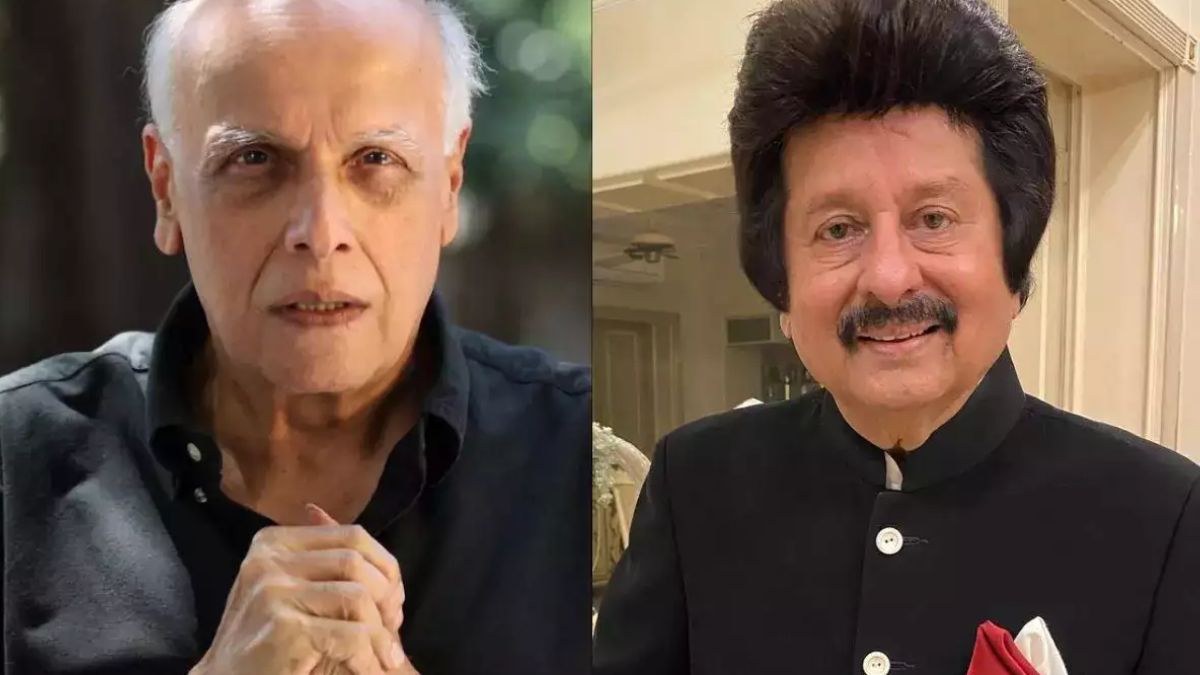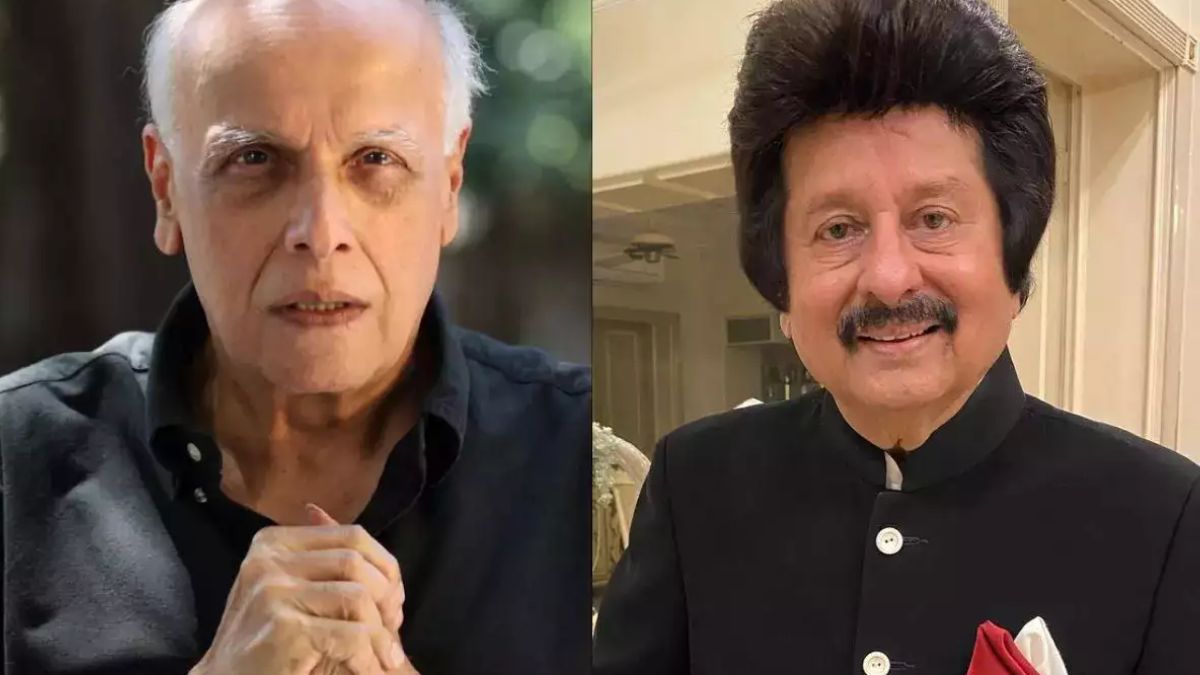One of the greatest boons of releasing a film online, on a platform like YouTube, is that you get immediate insight into what your viewers are thinking. For Naked, conceptualised by Arindam Sil and Ritabhari Chakraborty and starring Kalki Koechlin and Chakraborty, views are mixed. It has racked up over 1.7 million views and generally liked by many. But the slew of comments that caught my eye was focused on the notion that nudity and the portrayal of strong, independent women in control of their bodies in cinema encourage rape mentality.
As I read the debate that raged between various YouTube users for and against, I experienced mixed feelings of doom and pride. But mostly, as the author of the screenplay, I was satisfied. No film should act as a once-and-for-all opinion-altering lesson; rather it should raise questions publicly and privately. The scales are already tipped in its favour when it stirs up discussion on all fronts and engages a varied audience.
I’m fascinated by the anonymity of users in this scenario because whatever you say and hear isn’t directed at a person, but the thought that user expresses. In that sense, it is almost a pure debate between minds. For example, you could be a woman, but with a username like Wanderer2050 and a beach as profile picture, no one would be the wiser. You could say, nudity in cinema definitely encourages rapists, and your fellow users would call you names befitting a man with such mentality or come to your defense. You could oppose vehemently, and you’d be applauded or branded a feminist, worse feminazi – an absurd, ignorant coinage that deserves purging from collective memory.
Rape always evokes extreme reactions from everyone when it’s talked about as a concept, a thing that happens to other women, men, transgenders, children. It is also treated flippantly, as evidenced by Salman Khan’s infamous comment or statements I’ve heard several people use, like “Shit man, I got raped today.” I understand the analogy – tough day at work, or the gym – and it boils my blood because a hard day and the violence of rape become parallels. Rape, along with the shaming and intimidation of women, is a universal narrative across all spheres of life and being, and it has been adapted to fit into the technologically advanced paradigm of today. At its core, that’s what Naked is about.
Do you want to silence a woman who has expressed a thought, opinion or argument that doesn’t suit you? Threaten her with rape. Do you want to silence a guy who has done the same thing? Threaten his sister, mother, girlfriend, wife, or friend with rape. Do you want to intimidate someone who dares to wade into the muck of social media with his or her perspective, or stands up for someone else drowning in a din of depravity? Pull out the rape card. Or maybe you’re a troll who loves to pick on people and unleash a volley of unthinkable cuss words and graphic descriptions of how you’d physically, sexually and emotionally mutilate them. They can’t see you right? So it doesn’t matter.
It does though. On one hand, it’s best to ignore the thousands of comments that threaten to annihilate our faith in humanity. How many will you take on, the wise will ask. The fun and fearless Sandy, essayed by Koechlin, keeps her composure for the most part when a nude scene she’d done in a film is circulated on the internet out of context. Her self-respect isn’t threatened because she believes in her work. But Sandy loses her poise when a link is drawn between nudity in cinema and rape culture in India.
Imagine the plight of the artist who plunges into her character with commitment to bring us a film that tries its best to articulate the human condition. The body, nude or otherwise, is essential to that representation. For all the work that went into bringing that character to life, all we see is a minute of nakedness, which sparks rage, shame and judgement. The artist, who wants to empower women through her work, is instead turned into a rape catalyst, while the media, filled with narrow, underdeveloped, uninformed and insensible minds, fuels the fire. That in itself is enough to break the brave.
But, aren’t artists in the business of telling stories? And don’t we all get naked in life? Unfortunately, we live in a culture where women are made to carry the burden of reputation and dignity on behalf of society. Why should men develop character on their own when they can have women do it for them?
Rape has been widespread since millennia – as a violent method of male dominance common in mythology, as assault on family reputation instead of the victim, and as essential artillery during warfare, undermined repeatedly in history and religion. The ways in which we understand, approach and use rape today has its roots in the beginning of time. Nudity in cinema, art, literature, music, dance – culture as a whole – whether aesthetic or not, has nothing to do with it. It is a sad, illogical argument; I won’t buy that you raped a five-year-old because you saw Shilpa Shetty rocking a bikini, or shoved a metal rod right up to the intestines of a young girl because you watched Sunny Leone in a film the previous night.
The cons of being a part of the tech century, a cog in the humongous virtual machinery that runs the world, are many. Online harassment, particularly aimed at women and mostly sexual in nature, is an epidemic, which has no legal implications yet. People will say rape threats are usually physically harmless or trolls who abuse you to the degree of shedding quiet tears in the bathroom are degenerates and should only be ignored. But here lies one of the advantages of the tech century – you can just as easily turn the tables. Whatever it is, silence should no longer be an option.
Watch the film:


)




)
)
)
)
)
)
)
)